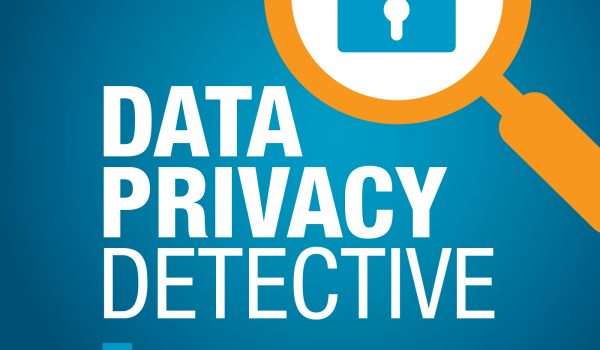China should never be viewed through a foreign lens. And yet, what other lens do we have from the USA or most of the world but to do just that?
Bloomberg News reported two statistics on November 21, 2018 that will shock most non-Chinese citizens – “By the end of May, people with bad credit in China have been blocked from booking more than 11 million flights and 4 million high-speed train trips, according to the National Development and Reform Commission.” Bloomberg News, Nov 21, 2018, 3:48 a.m.
China’s government has by law and practice access to financial and other information about its residents. Its facial recognition system allows authorities there to identify a jaywalker and deliver a ticket and fine directly without a personal encounter. Beijing announced a plan in November to reward and punish its 22 million+ residents based on records of their past actions and governmentally measured reputations – their social standing. Those considered well-functioning residents will get “green channel” benefits, while others will suffer adverse treatment. Coupled with the data localization approach used by China for all in-country platforms and its systemic censorship system of web traffic, China is probably the system most advanced and sophisticated in providing personal data for government scrutiny.
It is, of course, for China to decide how to balance the privacy of its residents and governmental control and order. Its ability to take facial and data recognition of individuals to these levels shows the lengths to which individual privacy can be eliminated. If governments are able to develop systems like these, so can the private sector. And the private sector includes some people whose motivation is, let’s just say, not very nice.
Personal data are increasingly digitized and exchanged over the web in its light and dark shades. As making payments, borrowing funds, buying goods and services, traveling, sharing stories, almost everything goes viral, it will take a concerted effort by individuals to determine how their privacy can be protected. Will nations see the Chinese approach – with its ability to enforce societal rules and keep order on an efficient basis – as the way forward? Will the European approach – with its emphasis on individual rights as predominant – lead the way? Will some middle or other ground win out? It’s up to us to make this decision.
For more information, please contact Joe Dehner or any attorney in Frost Brown Todd’s Privacy and Information Security Law Practice Group.
To share your thoughts or questions about this or other Data Privacy Detective podcasts, send a message to info@thedataprivacydetective.com. And remember – protecting your personal information begins with you.

